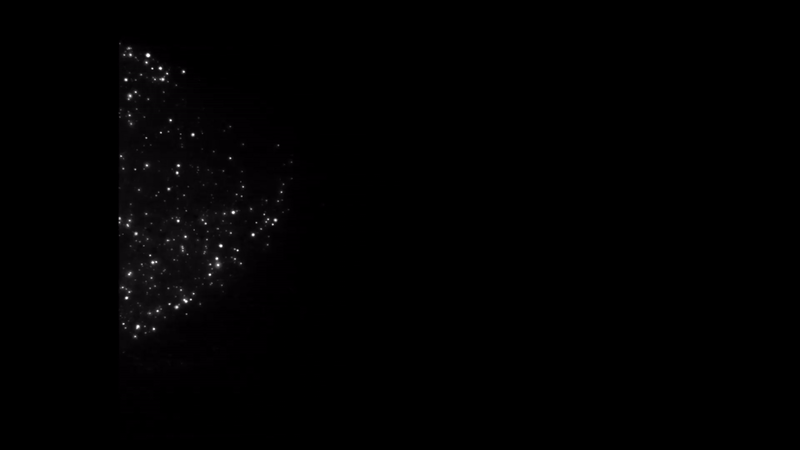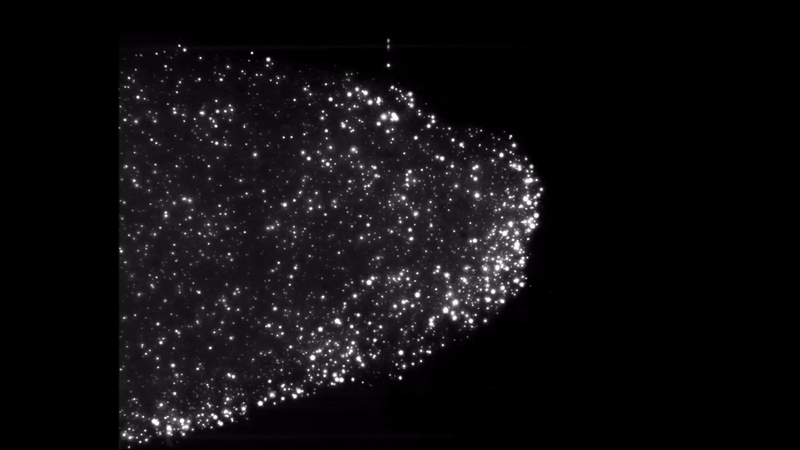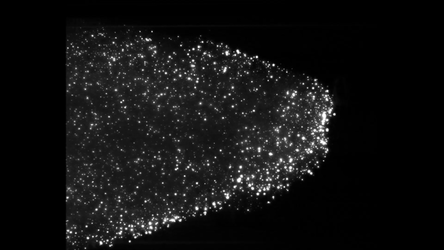Accept all cookies Accept only essential cookies See our Cookie Notice

About ESA
The European Space Agency (ESA) is Europe’s gateway to space. Its mission is to shape the development of Europe’s space capability and ensure that investment in space continues to deliver benefits to the citizens of Europe and the world.
Highlights
ESA - United space in Europe
This is ESA ESA facts Member States & Cooperating States Funding Director General Top management For Member State Delegations European vision European Space Policy ESA & EU Space Councils Responsibility & Sustainability Annual Report Calendar of meetings Corporate newsEstablishments & sites
ESA Headquarters ESA ESTEC ESA ESOC ESA ESRIN ESA EAC ESA ESAC Europe's Spaceport ESA ESEC ESA ECSAT Brussels Office Washington OfficeWorking with ESA
Business with ESA ESA Commercialisation Gateway Law at ESA Careers Cyber resilience at ESA IT at ESA Newsroom Partnerships Merchandising Licence Education Open Space Innovation Platform Integrity and Reporting Administrative Tribunal Health and SafetyMore about ESA
History ESA Historical Archives Exhibitions Publications Art & Culture ESA Merchandise Kids Diversity ESA Brand Centre ESA ChampionsLatest
Space in Member States
Find out more about space activities in our 23 Member States, and understand how ESA works together with their national agencies, institutions and organisations.
Science & Exploration
Exploring our Solar System and unlocking the secrets of the Universe
Go to topicAstronauts
Missions
Juice Euclid Webb Solar Orbiter BepiColombo Gaia ExoMars Cheops Exoplanet missions More missionsActivities
International Space Station Orion service module Gateway Concordia Caves & Pangaea BenefitsSpace Safety
Protecting life and infrastructure on Earth and in orbit
Go to topicAsteroids
Asteroids and Planetary Defence Asteroid danger explained Flyeye telescope: asteroid detection Hera mission: asteroid deflection Near-Earth Object Coordination CentreSpace junk
About space debris Space debris by the numbers Space Environment Report In space refuelling, refurbishing and removingSafety from space
Clean Space ecodesign Zero Debris Technologies Space for Earth Supporting Sustainable DevelopmentLatest
Applications
Using space to benefit citizens and meet future challenges on Earth
Go to topicObserving the Earth
Observing the Earth Future EO Copernicus Meteorology Space for our climate Satellite missionsCommercialisation
ESA Commercialisation Gateway Open Space Innovation Platform Business Incubation ESA Space SolutionsLatest
Enabling & Support
Making space accessible and developing the technologies for the future
Go to topicBuilding missions
Space Engineering and Technology Test centre Laboratories Concurrent Design Facility Preparing for the future Shaping the Future Discovery and Preparation Advanced Concepts TeamSpace transportation
Space Transportation Ariane Vega Space Rider Future space transportation Boost! Europe's Spaceport Launches from Europe's Spaceport from 2012Latest
Discrete burning
Thank you for liking
You have already liked this page, you can only like it once!
This hypnotic video was recorded during a parabolic flight experiment on board the Falcon-20 aircraft of the Canadian National Research Centre that offers researchers up to eighteen seconds of precious zero-gravity.
It shows at 30 times reduced speed iron metal dust igniting as it reaches combustion heat in slow-motion. So-called discrete burning occurs when a piece of fuel ignites and burns completely due to the heat created by other fuel elements around it. Unlike traditional fires that burn through their fuel continuously, discrete fires spread by jumping from one fuel source to another. There are very few examples of discrete fires on Earth, but sparklers commonly used on New Year’s Eve burn are an example. Another example is forest fires, where trees burn individually and the next tree burns only when the heat from burning trees around it reaches the temperature necessary for combustion.
Metals have high energy density but they do not ignite easily unless in powder form, when they burn in discrete flames. By setting the metal powder alight in microgravity researchers can study how it burns in a chamber with evenly spaced metal powder suspended in weightlessness. This is not possible in a normal laboratory on Earth as powder clumps together into a pile due to gravity.
The results from the burning will be analysed to create models of discrete burning to extrapolate the ideal conditions of particles’ flow and Oxygen concentration.
Once researchers know what the ideal mixture is, we can work towards creating it in a power station, or, possibly, in a car’s engine; by injecting the iron powder into a chamber for a brief moment it could be engineered to have the perfect conditions for combustion.
The beauty of metal combustion is that it is carbon-free, if one burns iron powder for example the only ‘waste’ product is rust.
This video is part of the PERWAVES series of experiments run by ESA and has been conceived and designed by the McGill University in Montreal and an Airbus team in Bremen, Germany.
-
CREDIT
Perwaves team -
LICENCE
ESA Standard Licence
-
Closed captions available Captions and subtitles are available (automatically generated by YouTube) - select your language using the YouTube player controls. A non-YouTube version is available using the 'download' button above.
-
Close-up
-
-

Discrete burning

Discrete burning 2

Discrete burning 2

Making (Per)waves















 Germany
Germany
 Austria
Austria
 Belgium
Belgium
 Denmark
Denmark
 Spain
Spain
 Estonia
Estonia
 Finland
Finland
 France
France
 Greece
Greece
 Hungary
Hungary
 Ireland
Ireland
 Italy
Italy
 Luxembourg
Luxembourg
 Norway
Norway
 The Netherlands
The Netherlands
 Poland
Poland
 Portugal
Portugal
 Czechia
Czechia
 Romania
Romania
 United Kingdom
United Kingdom
 Slovenia
Slovenia
 Sweden
Sweden
 Switzerland
Switzerland


























